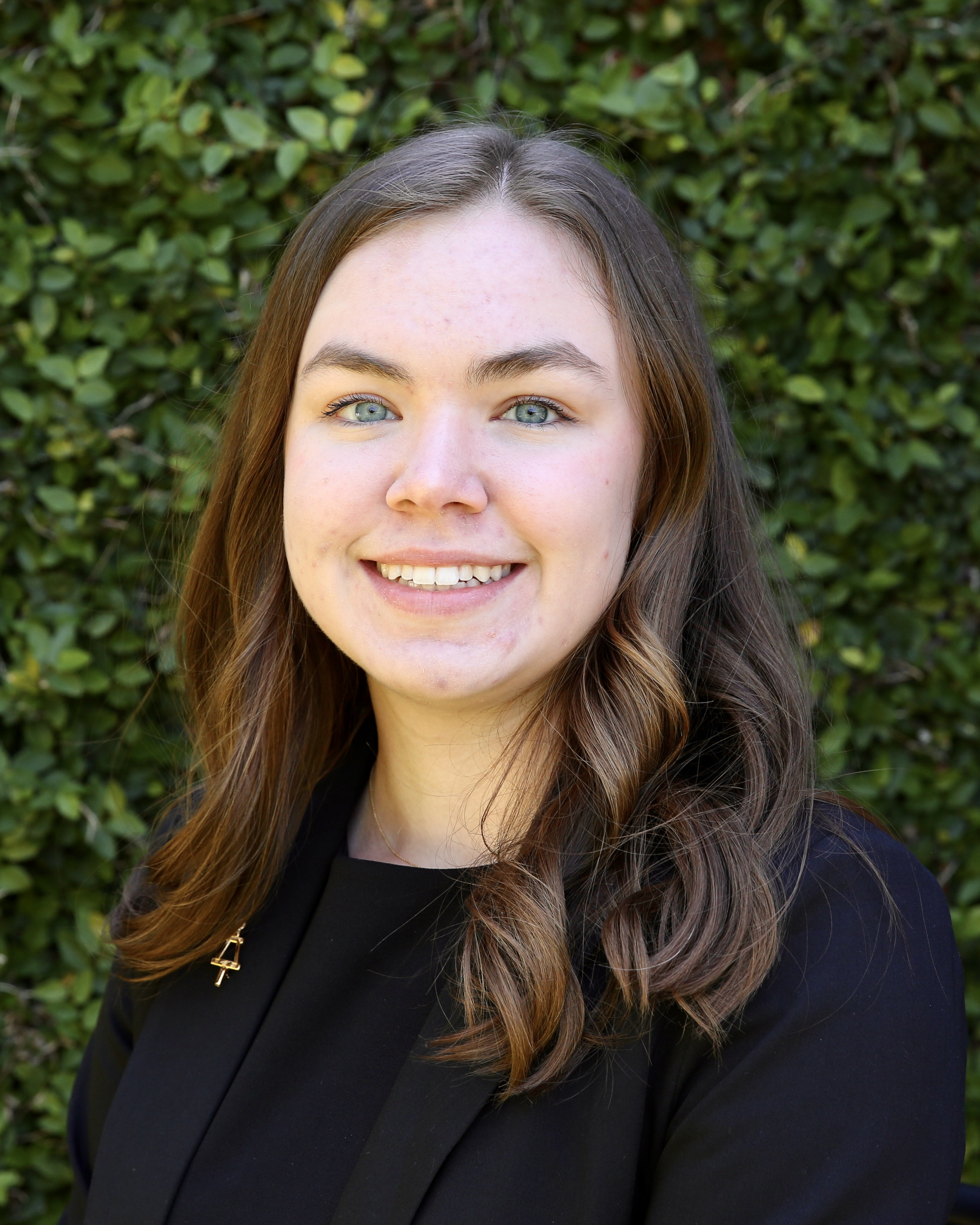President's Showcase
Abby Scott
Supervising Professor: Dr. Samuel Grant
Abby Scott is a senior majoring in Biomedical Engineering at the FAMU-FSU College of Engineering. She joined the Grant Lab her junior year to study different stem cell culture and characterization methods and their applications to ischemic stroke therapies at the National MagLab. Specifically, she has been working during Summer 2023 to harvest extracellular vesicles (EV) from adipose-derived stem cells. Her goal is to optimize EV as a treatment for ischemic stroke when applied to an in vivo preclinical model. This study is ongoing in Fall 2023 as an undergraduate Honors in the Major thesis project. Additionally, Abby serves as the Vice President for Tau Beta Pi, the Engineering Honor Society. As a Service Chair for the professional engineering fraternity, Theta Tau, she focuses on K-12 outreach opportunities in the Tallahassee community. After graduation, Abby plans to pursue a Master’s degree in biomedical engineering and hopes to work in neurodegenerative disease research.
Abstract
After a stroke, patients experience a variety of long-term effects reducing quality of life. Injections of extracellular vesicles (EV) derived from stem cells can be used post-stroke as treatment, helping to activate endogenous repair processes. This project characterizes EV harvested from human adipose-derived stem cells (ASC) to determine the efficacy of harvesting techniques and composition of vesicles, including soluble mannose to be used to monitor cells and EV with MRI. ASC have similar potential as bone-marrow derived human mesenchymal stem cells (hMSC) to differentiate into multiple cell lineages and yield EV; however, obtaining ASC are minimally invasive and yield higher cell counts compared to MSC. The EV characterization assays included nanoparticle tracking analysis (NTA), mass spectroscopy and chemical exchange saturation transfer (CEST). These assays allow for the characterization of ASC EV with respect to size, surface markers, and the relative output of EV in comparison to hMSC. This project will be continued to investigate the efficacy of EV therapy against ischemia using behavior and MRI measures. ASC EV will be tested in vivo by intra-arterial injection in an ischemic rat model to assess efficacy compared to ongoing studies of MSC EV. The smaller, purified ASC EV may provide a viable alternative to direct ASC implantation that could be effective in recovering ischemic damage.
Presentation Materials

